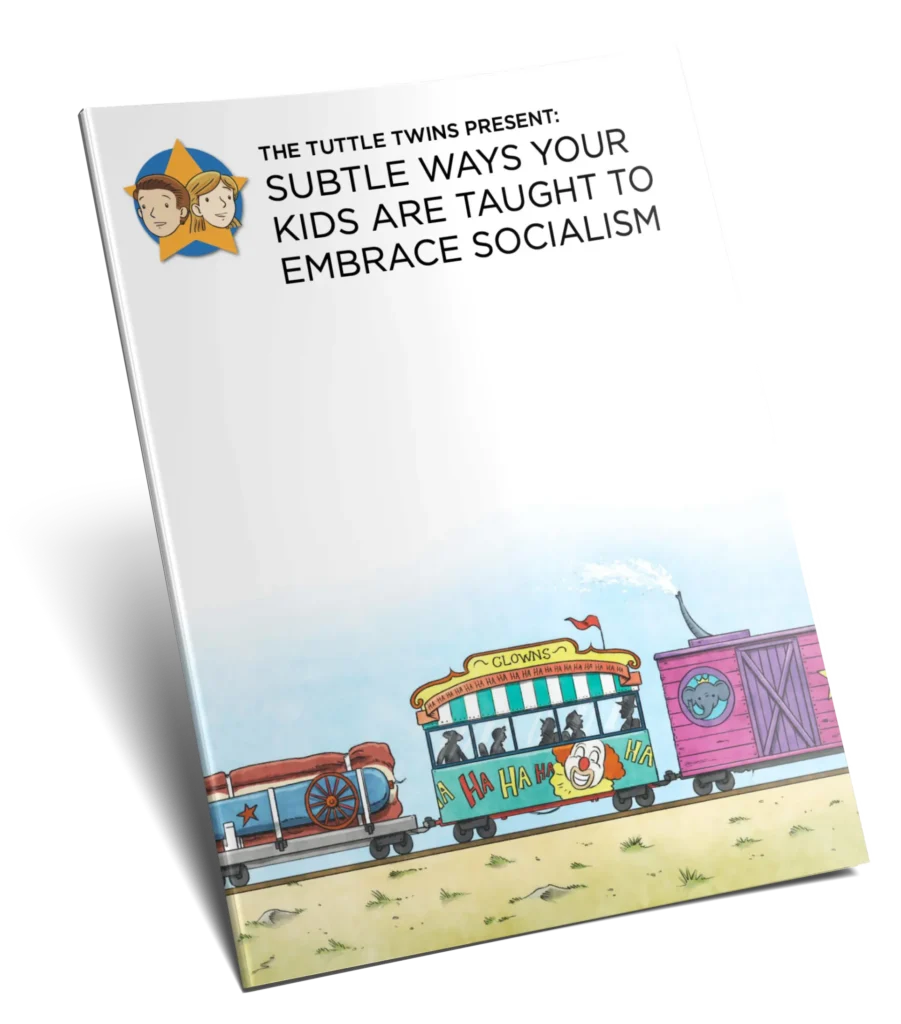
Bank failures and bailouts are a topic that we’ve heard a lot about in recently. Here’s what you need to know:
When a bank goes under, it can have a ripple effect on the economy. It can lead to a loss of confidence in the financial system, make it harder for businesses and individuals to get credit, and even cause economic growth to slow down. That’s why governments sometimes step in to bail out failing banks. But is this really the best approach?
From an economic perspective, there’s a term called moral hazard that comes into play when we talk about bank failures and bailouts. Moral hazard basically means that when one party takes risks, they might not bear the full consequences of their actions. In the case of banks, if they think they’ll be bailed out by the government if they get into trouble, they might be more likely to take on riskier investments. This can lead to more bank failures in the future, which in turn leads to more bailouts – it’s a vicious cycle.
So what’s the solution? Some economists argue that the government should let failing banks fail. When a bank fails, it’s a harsh lesson for everyone involved. The bank itself is punished by losing customers and profits, while the wider financial system learns to be more careful about who they lend money to. This kind of market discipline can lead to a stronger and more stable financial system in the long run.
Of course, there are those who argue that some banks are simply too big to fail. The idea is that if a large bank goes under, it could cause a domino effect that could take down the whole financial system. But from an economic perspective, it’s not the size of the bank that matters – it’s how interconnected it is with the rest of the financial system. If we promote a diverse and decentralized financial system, we can reduce the risk of any one bank causing a meltdown.
Another argument for bank bailouts is that they can prevent a credit crunch, where businesses and individuals struggle to get credit, which in turn can lead to a recession. However, some economists argue that a credit crunch is a necessary correction to restore balance to the economy. If the government steps in to prevent a credit crunch, it might only delay the inevitable and make the eventual correction even more painful.
So there you have it – the case for letting failing banks fail. It might sound harsh, but from an economic perspective, it’s often the best approach. By promoting a more diverse and decentralized financial system, and by allowing market discipline to do its job, we can create a more stable financial system that’s better for everyone.
Economists Murray Rothbard, and Ludwig von Mises wrote extensively about money, banking, and credit. Reading their work is a great way to learn more about why things happen the way they do. Heck, there are even kids versions of Rothbard and Mises’ works!
The Tuttle Twins and the Messed up Market, and The Tuttle Twins and the Fate of the Future both help kids understand a lot about money, risk, and the economy. So grab some copies for your kiddos and you can learn alongside each other!
Check them out today!


